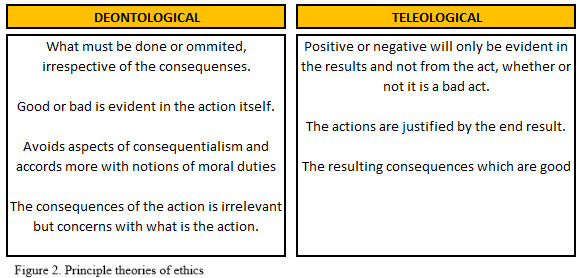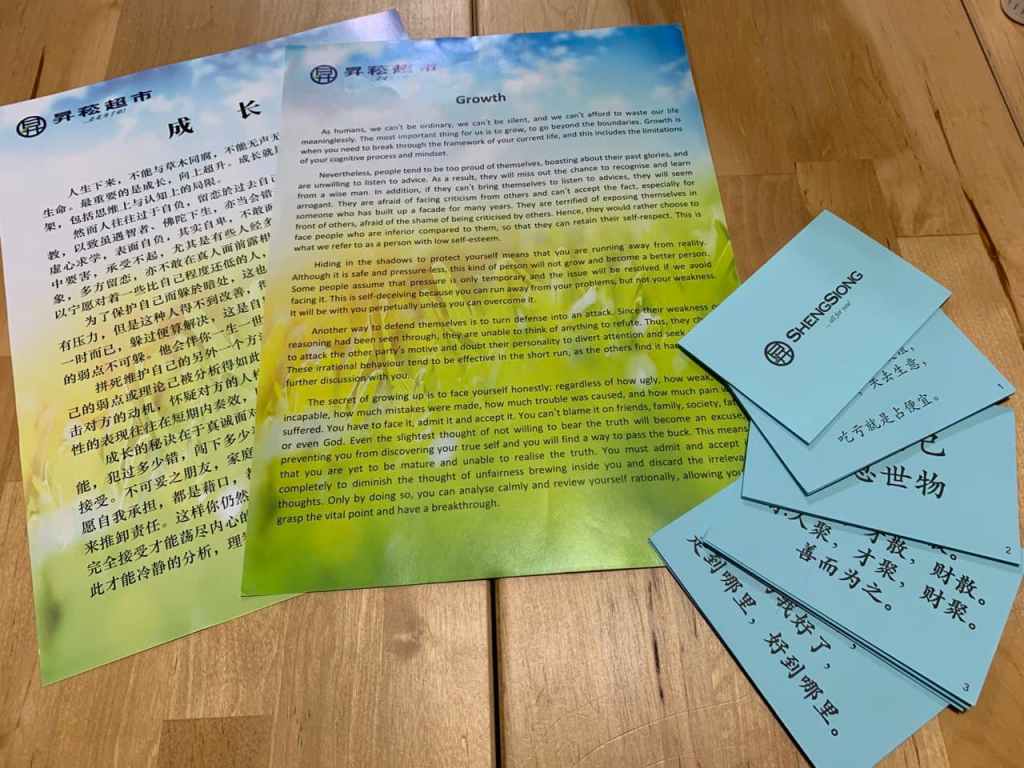31st March 2021

The Trust Crisis
The rise in the business scandals and collapses has given ethical leadership the much attention in recent times. The trust gap or the lack of trust will hamper business growth as various research has shown the decline is more evident in the past decades where abuse of personal data, corporate scandals, misappropriation of funds and many more (David 2019).
Recognised brands such as Nikola Motor company making false claims, Wirecard’s collapse, Twitter’s security lapses, Tesla’s vehicle production and many more (Fortune Editors 2020). Figure 1 illustrates the connexion between the who, how and why, of ethical leaders. The facets will be the settings of this blog and concluding it with my reflections on ethical leadership.
Analysis of Ethical Leaders
In the simplest form, ethics is a system of moral principles, affecting decision makings in every person’s lives. The most common of recognised ethics are respect, selflessness, honesty, dignity, Integrity, and responsibility (Jon & Mary 2011). Figure 2 reflects the two principle theories which expresses the two opposing actions and consequences. Deontological theory has strong vantage of being able to account for our duties. On a personal context for example we do not kill, nor steal, cheat and respect our elders, irrespective of the consequences. Similarly, the reason why people have morality to ‘whistle blow’ against colleagues or bosses to hold account for their breach of moral duties (Jens 2015).
Conversely to deontological theories, the teleological theories is result-oriented where the positive or negative outcomes define the ethicacy of the actions (Ernst 1992). This is evident in many organisation that strongly act on its corporate social responsibilities such as philantrophy, conservation, diversity, environment and labour practices.
Ethical leader understands that positive relationships built on respect and trust are critical to creating an ethical environment. Hence, a 4-V model is used to evaluate the ethical leadership process. Figure 3 was designed to strikingly support the concept discussion (Avnish & Aneesya 2020).

Pursuant to the model, three additional key factors are included which are service, polis and renewal. It is depicted in the blue channel of figure 3. Service connect the facets for instance the visions that will reveal the expectancy when the values are tested. Polis refers to the organization’s engagement to politics when the voice is conferred to a public act. Renewal is when the voice returns to values, explaining the communication can come in many ways, the leaders should consider the actions are consistent with the values and vision (Bill 2001) .
What and How do they do it
An example of an ethical leader in business world is Mr Lim Hock Chee, CEO of Sheng Siong (SS), who leads the company with a heart, providing bursaries and scholarships to his employee’s children, on top of the 16 months bonus for the stellar performance in 2020 (Jeanette & Zhangxin 2021). In a business context, we see Mr Lim applied Kantian ethics which is a deontological ethical theory where business leader’s actions signify its action over the results. (Vivien 2021). Above the organisation’s vision and mission, SS have beliefs and values which resonates with the community, a virtue that we mentioned in the 4V model (Sumiko 2019).
However, on the other spectrum of a failed deontological ethics, the National Kidney Foundation Controversy where the CEO had rewarded himself lavishly. A case that has embedded in the minds of Singaporeans and the NKF Saga until today (Tan 2015).
The Actions and Outcomes of Ethical Leaders
Mr Lim’s actions invoke the hearts of the community by practising ethical business models towards his employees and stakeholders. The values were also inculcated into his employees and he leads by example (Jeanette & Zhangxin 2021).
The outcomes can be seen in the tangible and non-tangible performance indicators of SS. Investors are ready park their money, the brand image is enhanced and loyalty from its customers. Employees are motivated, thus more freedom and less micromanagement is required. Most importantly, the trust for the brand and the leadership is overwhelming.
Conclusion and reflection
More than ever ethical leaders need to be identified in current context, especially in the cutthroat industries where red ocean strategies are predominant. A better taxonomy of the key outcomes associated with the leadership of organisation should be applied in businesses. The lapse in ethics and values of the leaders leading the company has been proven to be detrimental to the business and even the common good of the public. In the example of SS, the leader’s action had increased the spending power of its employees and indirectly supported the Singapore economy. Much has been said about leadership but more focus on ethics amongst leaders should be addressed to make the world a better place.
Reference
Allan , L. & Iliana, P. (2015) Developing a framework for ethical leadership. Journal of business ethics, Volume 130, pp. 639-649.
Avnish, S. & Aneesya, P. (2020) Ethical and Values-based Leadership: Does it really matter in the organisation. Paideuma, 13(3), pp. 80-84.
Bill, G. (2001) Ethical Leadership, In Pursuit of the Common GOod. 2nd ed. Seattle: Center for Ethical Leadership .
Center for creative leadership (2020) Why Communication Is So Important for Leaders. [Online]
Available at: https://www.ccl.org/articles/leading-effectively-articles/communication-1-idea-3-facts-5-tips/
[Accessed 30 March 2021].
David, M. (2019) Forbes: The Trust Crisis in Business. [Online]
Available at: https://www.forbes.com/sites/davidmichels/2019/06/17/the-trust-crisis-in-business/
[Accessed 30 March 2021].
Ernst, M.(1992) The Idea of Teleology. Journey of the History of Ideas, 53(1), pp. 117-135.
Fortune Editors (2020) The biggest business scandals of 2020. [Online]
Available at: https://fortune.com/2020/12/27/biggest-business-scandals-of-2020-nikola-wirecard-luckin-coffee-twitter-security-hack-tesla-spx-mcdonalds-ceo-ppp-fraud-wells-fargo-ebay-carlos-ghosn/
[Accessed 29 March 2021].
Jeanette, T. & Zhangxin, Z. (2021) The philosophies of Sheng Siong CEO Lim Hock Chee: Lead from the heart, find the right people & share wealth freely. [Online]
Available at: https://mothership.sg/2021/03/lessons-on-leadership-lim-hock-chee-sheng-siong-interview/
[Accessed 30 March 2021].
Jens, T.(2015) What’s wrong with ‘Deontology’?. Proceedings of the Aristotelian Society, Volume 115, pp. 75-92.
Jon, B. & Mary, B. (2011) Ethics for Behaviour Analysts. 2nd ed. New York: Taylor and Francis.
Paul, B. & Kam-Cheung, W. (2001) Multiple perspectives on values and ethical. International Journal of Leadership in Education, 4(4), pp. 293-296.
Rosamund, T., Ramon, M. & Albert, F., 2011. Business Ethics. Suffolk: Ethics International Press.
Steve, R. (2021) Leadership Core Values & Beliefs are Keys to Greatness. [Online]
Available at: https://cmoe.com/blog/great-leaders-have-specific-beliefs-and-core-values/
[Accessed 30 March 2021].
Sumiko, T. (2019) Lunch With Sumiko: Sheng Siong boss Lim Hock Chee walks the talk, Singapore: The Straits Times.
Surendra, A. (2000) Virtue Theory as a Dynamic. Journal of Business Ethics, Volume 28, pp. 159-178.
Susan, H. (2020) Leadership Vision. [Online]
Available at: https://www.thebalancecareers.com/leadership-vision-1918616
[Accessed 30 March 2021].
Tan, J. (2015) A 50-year flashback: Scandal rocks nation. [Online]
Available at: https://www.asiaone.com/singapore/50-year-flashback-scandal-rocks-nation
[Accessed 30 March 2021].
Vivien, S. (2021)Sheng Siong staff to get up to 16 months’ bonus after strong earnings amid Covid-19 pandemic, Singapore: The Straits Times.
Will, H.-S. (2018) Top 10 biggest corporate scandals and how they affected share prices. [Online]
Available at: https://www.ig.com/sg/news-and-trade-ideas/top-10-biggest-corporate-scandals-and-how-they-affected-share-pr-181101
[Accessed 29 March 2021].
By Joe Hani A





Very details. Thanks for sharing your article.
LikeLiked by 1 person
Nice to read about a real ethical leader in this day and age! 🙂
LikeLiked by 1 person
Great and impressive explanation on the ethical leadership. From the case studied, sometimes, the only way for a company to regain the lost public trust is to have a clear break with unethical leaders.
LikeLiked by 1 person
I quite like this topic and it will be very interesting to discuss about the ethical leadership, well explained the theories and good examples to support. from your articles I learned a lot.
Thanks for sharing.
LikeLiked by 1 person
Well written analysis. It’s insighful and I hope to read more of your works
LikeLiked by 1 person
A great read ! Thanks for sharing the insights .
LikeLiked by 1 person
Very Insightful explaining the Ethical Leadership that plays a key part in this 21st century. The world is changing and lesdrship needed to change. it is that simple and yet it is that complex. GOOD LEARNING FROM YIUR THOUGHTS
LikeLiked by 1 person
As always, well articulated Joe! Great example with Sheng Siong and how Mr Lim positively and greatly impacts not just his employees, but also the children/families of employees. This is rare; most of the businesses only take care of the employees but Mr Lim went above and beyond.
LikeLiked by 1 person
Way to go! This is certainly a nice comprehensive blog post, Joe!
More than the educational content and visuals, the key points on the actions and outcomes of ethical leaders are eye-opening ideas.
Your insight on how ethical leaders need to be identified, especially in the cutthroat industries where red ocean strategies are predominant is powerful.
Happy to read your next set of blog posts! 🙂
LikeLiked by 1 person
Hi Joe, your article is very well-written and looks very professionally done. Enjoyed reading and the flow. Great job!
LikeLike
Very insightful and well-written. Look forward to read more of your blogs.
LikeLiked by 1 person
oh wow, very insightful. good choice of using an example of a Singaporean CEO of a supermkt.
LikeLike
Good choice of examples!
LikeLike